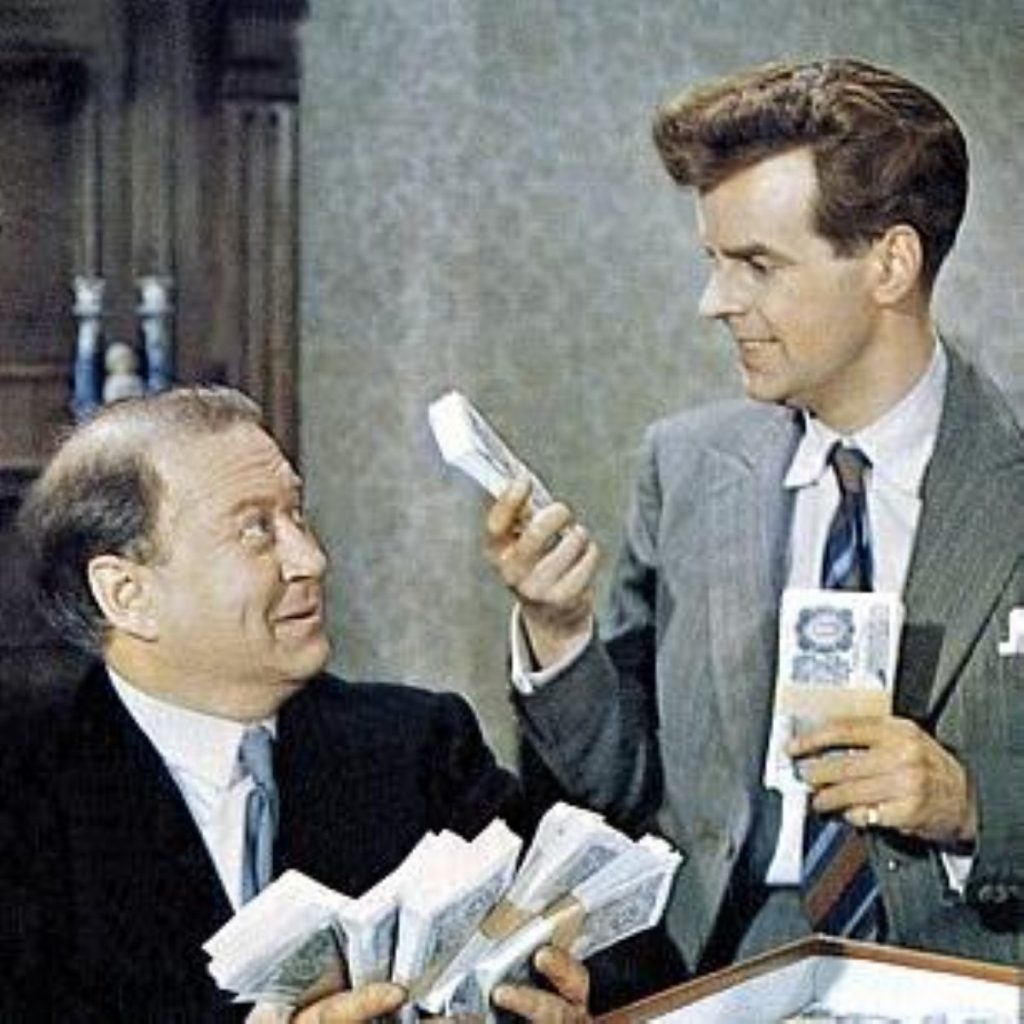Post-recession Britain: Exec pay jumps 14% while average wages increase by just 0.7%
Britain's emergence from recession is being felt much more strongly among high earners than normal workers, according to new data.
Annual research from Thomson Reuters' Income Data Services saw executive pay jump by 14% last year to £2.1 million.
Basic salaries rose just 4.1% and annual bonuses fell by 8.8%, but the total pay package for FTSE directors shot up via a 58% surge in the value of long-term incentive plan (LTIP) awards being cashed in.
The findings suggest high earners are having their remuneration flow through mechanisms which are safely out of the public eye rather than risking headlines about high salaries and excessive bonuses.


But the figures contrast sharply with labour market statistics which show average annual wage increases of just 0.7%.
"The higher share-based payouts clearly made up for any ground lost in lower annual bonuses," Steve Tatton, editor of Income Data Service's directors' pay report, said.
"But this boost to overall earnings took place without any of last year's talk of a shareholders' spring, with fewer institutional investors voting down remuneration reports.
"This was perhaps because the vesting of large share awards is currently less visible to investors than salary increases and bonus pay-outs."
Long-term incentive plans allow recipients to receive company shares which can be cashed in within three years.
If anything the figures are an underestimation of the gap between executive and average pay. Income Data Service relies on median figures as a more reliable indicator of trends, but it downplays the acceleration of the pay gap.
Vince Cable brought out new accountancy rules last month which would force a single total pay figure for top executives to be published so shareholders could evaluate remuneration schemes more transparently.

